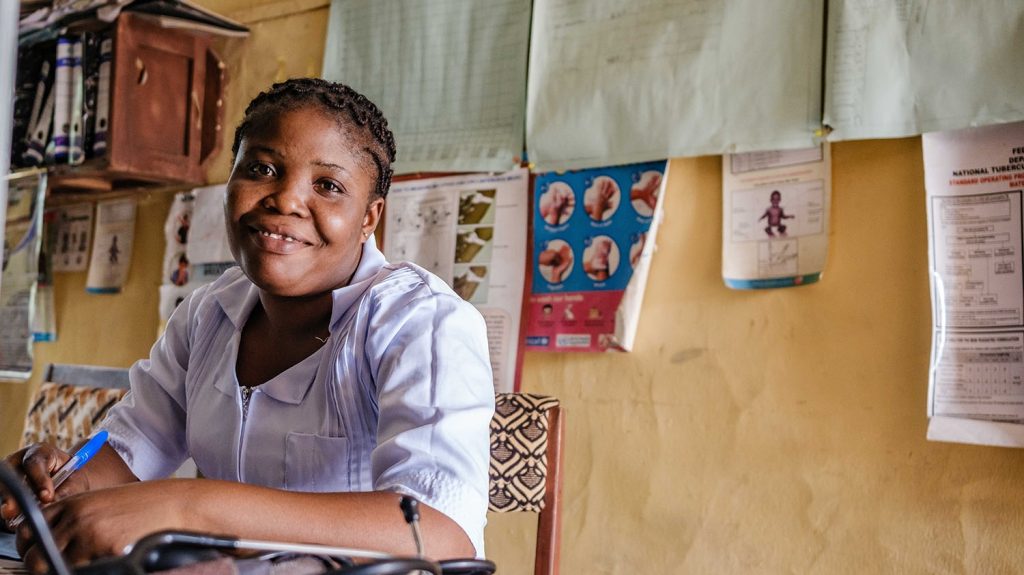Research at Sightsavers
Our in-house experts carry out extensive research to ensure Sightsavers’ programmes are robust, efficient and effective.

What we do
Our research focuses on eye health, neglected tropical diseases, education and social inclusion. We use the evidence we generate to inform Sightsavers’ programmes in the countries where we work.
Our latest studies and publications
-
Facility assessment for lymphatic filariasis-morbidity management in Ghana
This study will evaluate the feasibility of carrying out integrated protocols in...
-
Assessing the inclusiveness of Sierra Leone's Education Management Information System
This study will evaluate the feasibility of carrying out integrated protocols in...
-
Analysing implementation challenges for onchocerciasis programming in Sierra Leone
This study aims to understand the reasons behind the continued high prevalence...
In-house research that’s making a difference
The goal of our research is to generate evidence that our programme teams can use to improve lives around the world. Sightsavers’ research strategy aims to integrate research into programmes at every stage, from design to implementation.
About our research approach